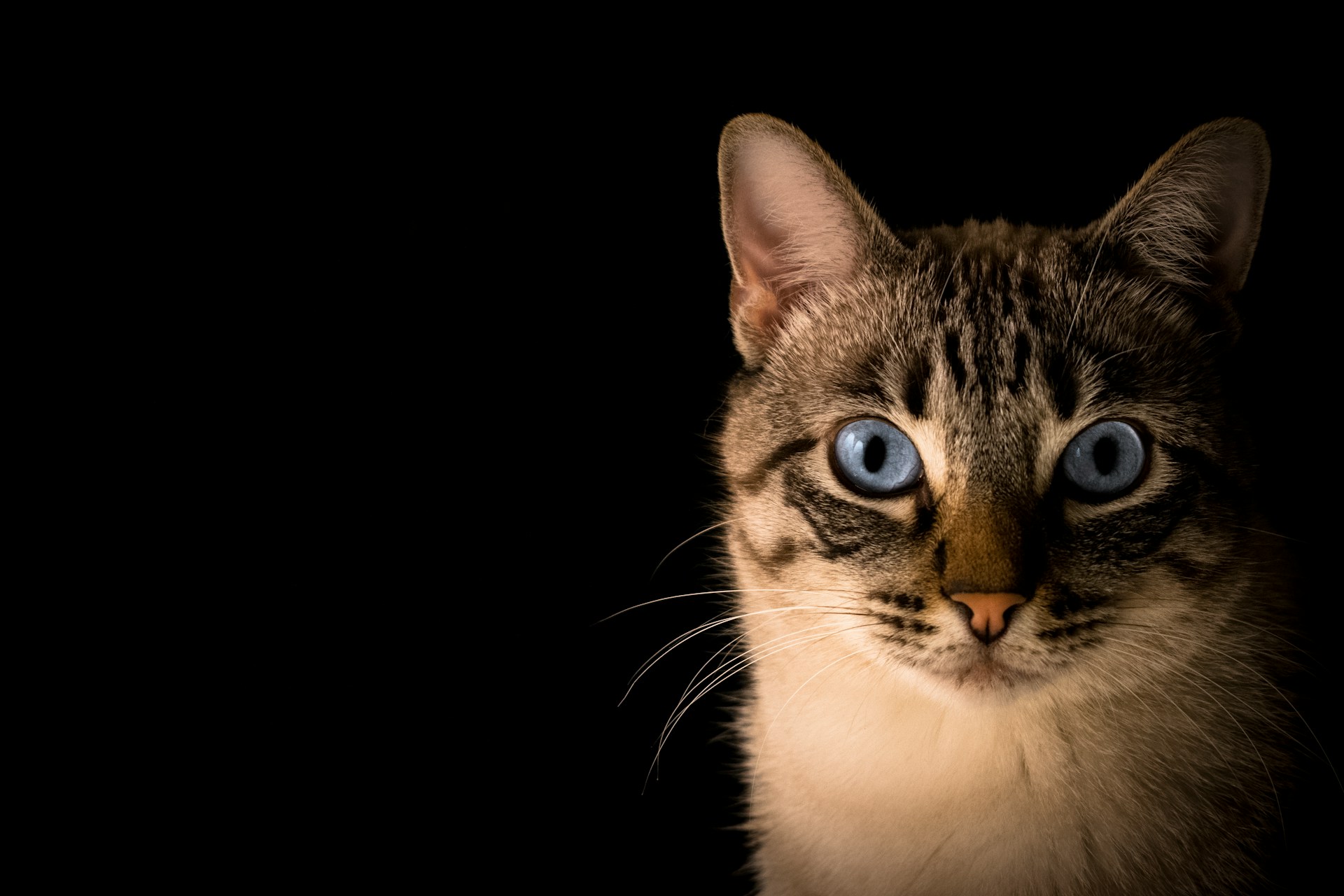Feline Friends: Discovering The Ideal Cat Breed That Fits Your Life
Selecting the perfect cat breed that aligns with your lifestyle can transform your experience as a pet owner, making the bond between you and your feline friend stronger and more enjoyable. Whether you’re drawn to the serene Ragdoll, intrigued by the size of the Maine Coon, or charmed by the petite Singapura, each cat breed offers unique traits that cater to different preferences and living conditions. This article will guide you through choosing the right cat breed to fit seamlessly into your life.
Understanding the Different Cat Breeds
When it comes to cats, the variety of breeds available can cater to any preference or lifestyle. Understanding the general characteristics, temperament, and care needs of different breeds can help you make a more informed decision.
The Gentle Giants: Maine Coon and Other Large Breeds
The Maine Coon, often referred to as the biggest cat breed, is renowned not only for its impressive size but also for its friendly and sociable nature. These cats are affectionate, adaptable, and get along well with children and other pets, making them excellent family pets. Their thick fur and tufted ears give them a distinctive appearance and require regular grooming to maintain their coat’s health.
The Lovable Lap Cats: Ragdoll Cat Breed and Similar
The Ragdoll cat breed is another excellent choice for families and individuals seeking a calm and affectionate pet. Known for their striking blue eyes and beautiful color-point coat, Ragdolls have a docile temperament and often relax completely when picked up, hence the name “Ragdoll.” They thrive in indoor environments and are perfect companions for those who spend a lot of time at home.
Compact Companions: The Smallest Cat Breed
For those living in smaller spaces or looking for a less physically imposing pet, breeds like the Singapura, known as the smallest cat breed, are ideal. These tiny felines are energetic and playful, with a loving nature that belies their diminutive size. They are perfect for apartment dwellers or families with limited space but still want an active and engaging pet.
Lifestyle Considerations
Choosing a cat breed involves more than admiring their beauty; it requires a thoughtful assessment of how a cat’s behavior, personality, and needs will mesh with your lifestyle and living arrangements.
Space and Environment
The amount of living space you have available is a significant factor in selecting a suitable cat breed. For example, larger breeds like the Maine Coon not only grow quite big but are also very active and playful. They thrive in environments where they have ample room to explore and exercise. If you’re living in a smaller apartment or a home with limited outdoor space, a smaller or more sedentary breed might be preferable. Breeds such as the American Shorthair or the British Shorthair are known for adapting well to indoor living, requiring less space to live comfortably and happily.
Family and Social Dynamics
The composition of your household is another crucial consideration. Certain cat breeds better suit homes with young children or multiple pets. Breeds like the Ragdoll are known for their docile and placid nature, making them excellent companions for children. Their calm demeanor means they are less likely to scratch or react aggressively, which can be reassuring for parents. Additionally, Ragdolls and similarly sociable breeds like the Siamese are known to get along well with other pets, including dogs, which is ideal for households with a mix of animals. Conversely, more territorial or shy breeds might struggle in a busy or noisy home, preferring a quieter and more predictable environment where they can feel secure.
Health and Maintenance Needs
Every prospective cat owner should consider the health and grooming needs of their chosen breed.
Grooming Requirements
Long-haired breeds like the Persian and the Maine Coon require regular grooming to avoid matting and maintain coat health. In contrast, short-haired breeds can do with less frequent grooming sessions.
Breed-Specific Health Issues
Some breeds are predisposed to specific health issues. For example, larger cat breeds may be prone to hip dysplasia, while some purebred cats can have genetic health problems. Understanding these potential issues can help you prepare for or prevent certain health conditions.
Where to Find Your Ideal Cat
Once you’ve decided on the breed that best fits your life, the next step is finding a reputable source from which to adopt or purchase your cat.
Adoption vs. Breeding
Consider adopting from a shelter where many cats need loving homes. Shelters often have a range of mixed and purebred cats, and adopting can be a fulfilling way to find your new companion. If you have specific requirements, particularly with respect to breed, approaching a reputable breeder might be necessary.
Preparing Your Home
Before bringing your new cat home, ensure your space is prepared to welcome them. This includes securing potentially dangerous items, setting up a feeding area, and providing lots of enriching toys and comfortable resting places.
Conclusion
Finding the ideal cat breed for your lifestyle ensures a harmonious relationship full of mutual enjoyment and affection. Whether you opt for a gentle giant, a lovable lap cat, or a compact companion, each breed offers unique traits that make them the perfect addition to suitable homes. Consider your living situation, family dynamics, and the care needs of different breeds to make the best choice for both you and your future feline friend.

